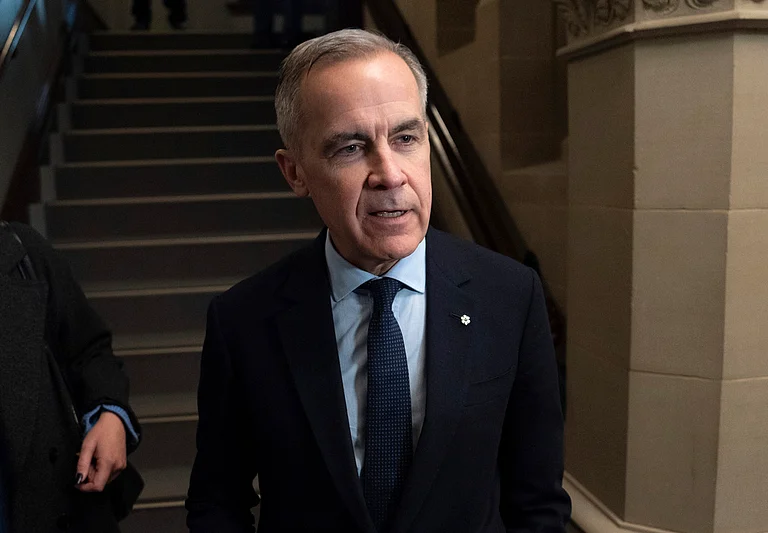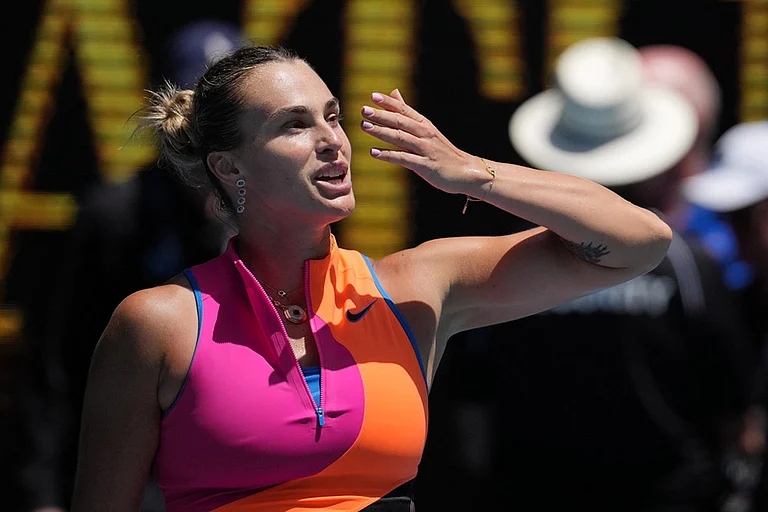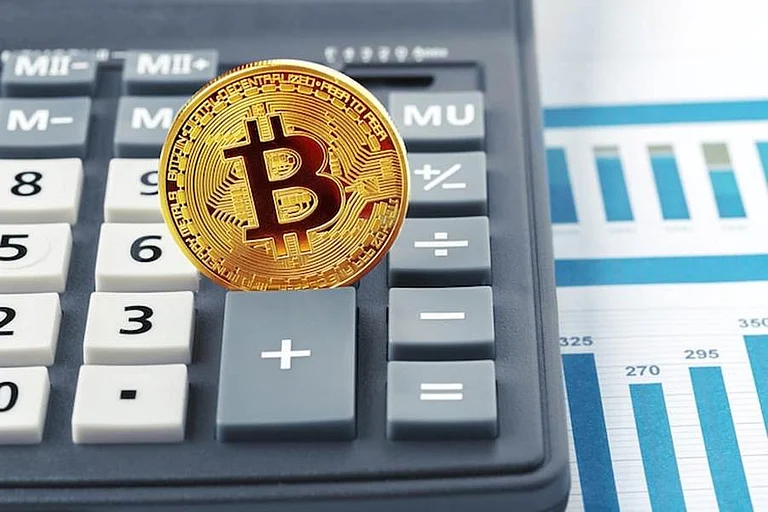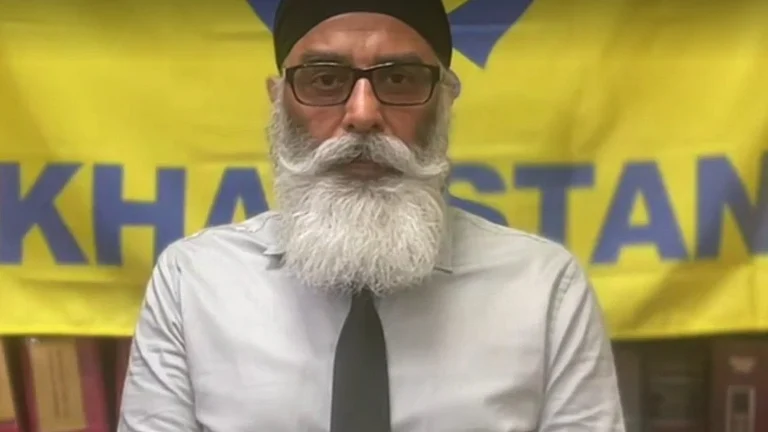Canada on Thursday banned Australian media outlet Australia Today a few hours after the telecast of the press conference of External Affairs Minister (EAM) S Jaishankar where he commented on the current India-Canada diplomatic standoff over India's alleged involvement in the killing and murder attempt on pro-Khalistani leaders on Canadian soil.
Responding to the unexpected development, the Ministry of External Affairs (MEA) said it was surprised by Canada's move to ban the outlet. Earlier on Thursday, Australia Today telecasted a joint press conference of Jaishankar and his Australian counterpart Penny Wong in Canberra.
What did MEA say?
Reacting to the development, MEA spokesperson Randhir Jaiswal said, "We understand that the social media handles, pages of this particular outlet, which is an important diaspora outlet, have been blocked and are not available for viewers in Canada. This happened just an hour or a few hours after this particular handle carried the press conference of S Jaishankar with Penny Wong. We were surprised. It looks strange to us."
"But, nonetheless, what I will say is that these are actions which yet again highlight the hypocrisy of Canada towards freedom of speech. You would have seen that the External Affairs Minister, in his media engagements, spoke about three things. One was Canada making allegations and a pattern had developed without any specific evidence. The second thing he highlighted was surveillance of Indian diplomats happening in Canada, which he termed as unacceptable," he added.
"The third thing which he highlighted was the political space which has been given in Canada to anti-India elements. So you can draw your conclusions from that, why Australia Today channel was blocked by Canada", Jaiswal said.
India-Canada diplomatic feud
Accusing them of being a part of the Indian government's 'campaign of violence', the Trudeau-led Canadian government on October 14 expelled six Indian diplomats. In a befitting response, India also followed the same path and expelled six Canadian diplomats.
India had also summoned Canada's Charge d'Affaires Stewart Wheeler and said that the "baseless targeting" of the Indian High Commissioner and other diplomats and officials in Canada was completely unacceptable.
However, on October 16, Canadian Prime Minister Justin Trudeau, who sat before the Commission of Inquiry over the ongoing investigation, admitted that Canada only had "only intelligence, not evidence" regarding India's involvement in the killing of pro-Khalistani leader Hardeep Singh Nijjar on Canadian soil.
"Canada asked India to cooperate. Their (India) ask was for proof. We asked for Indian security agencies to investigate further and cooperate with us. Because at that point what we (Canada) had was intelligence," Trudeau said.
"At that point, it was primarily intelligence and not hard evidentiary proof. So we said, let's work together and look into your security services and maybe we can get that out," he said while testifying before the country's Foreign Interference Commission.





























